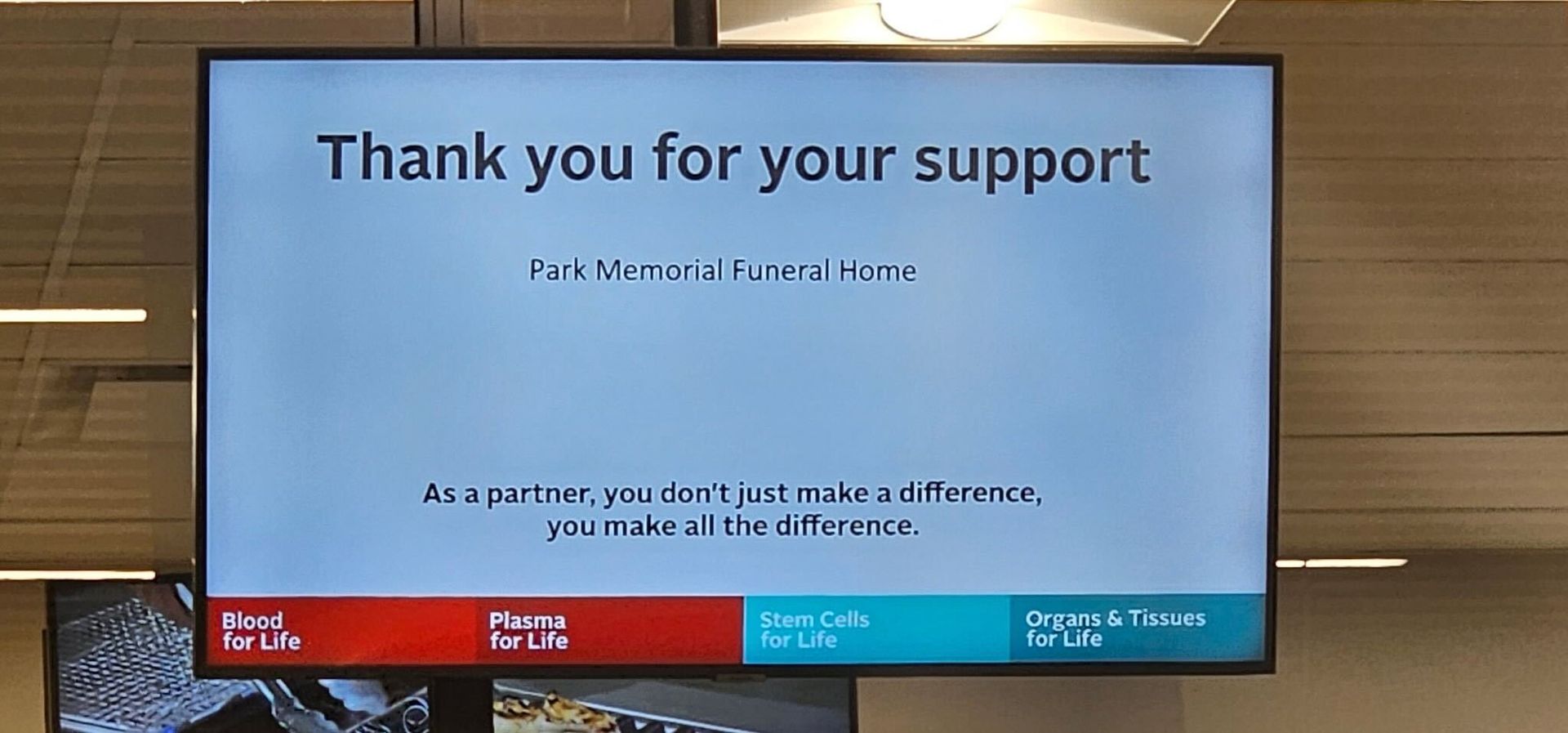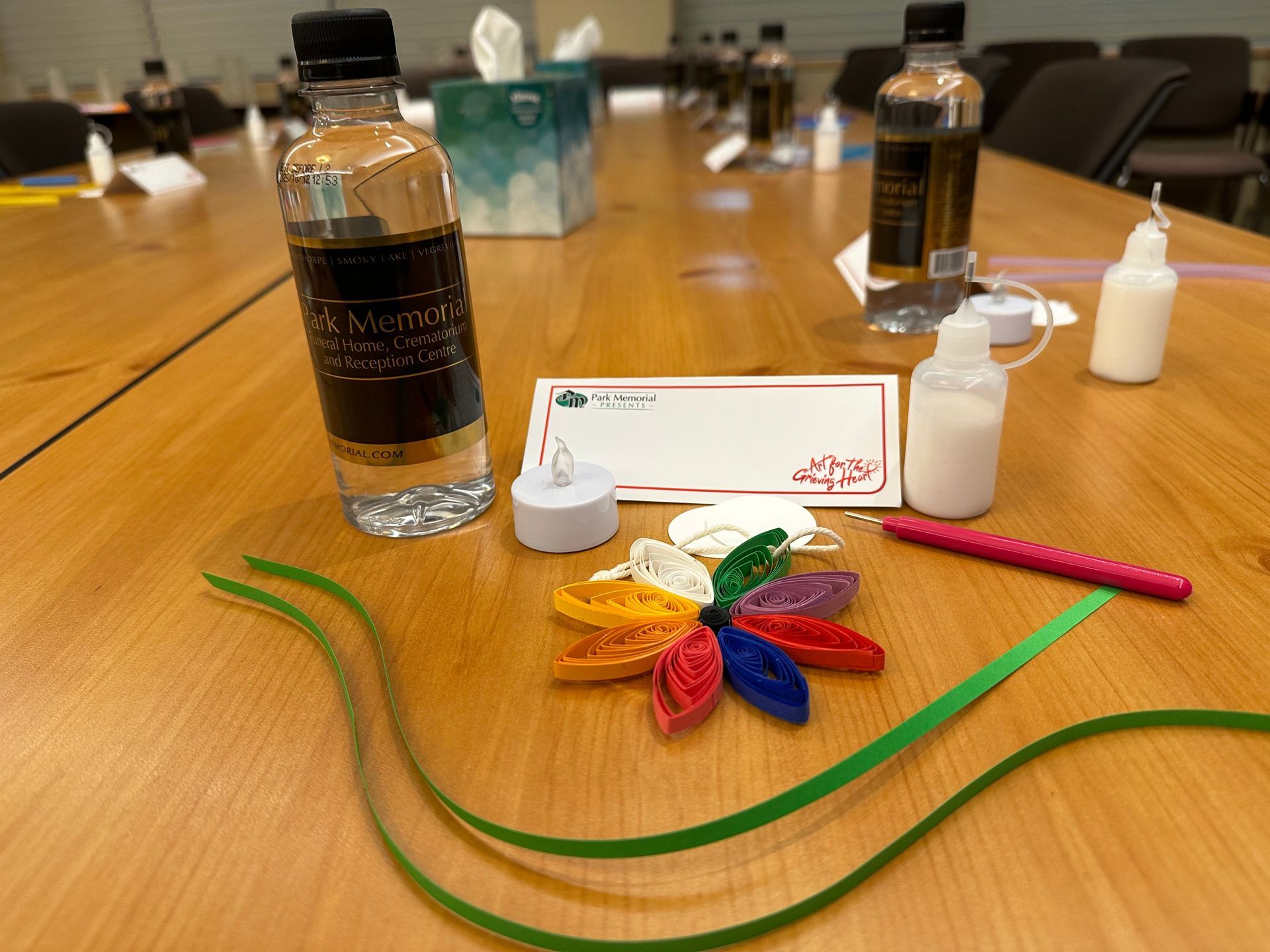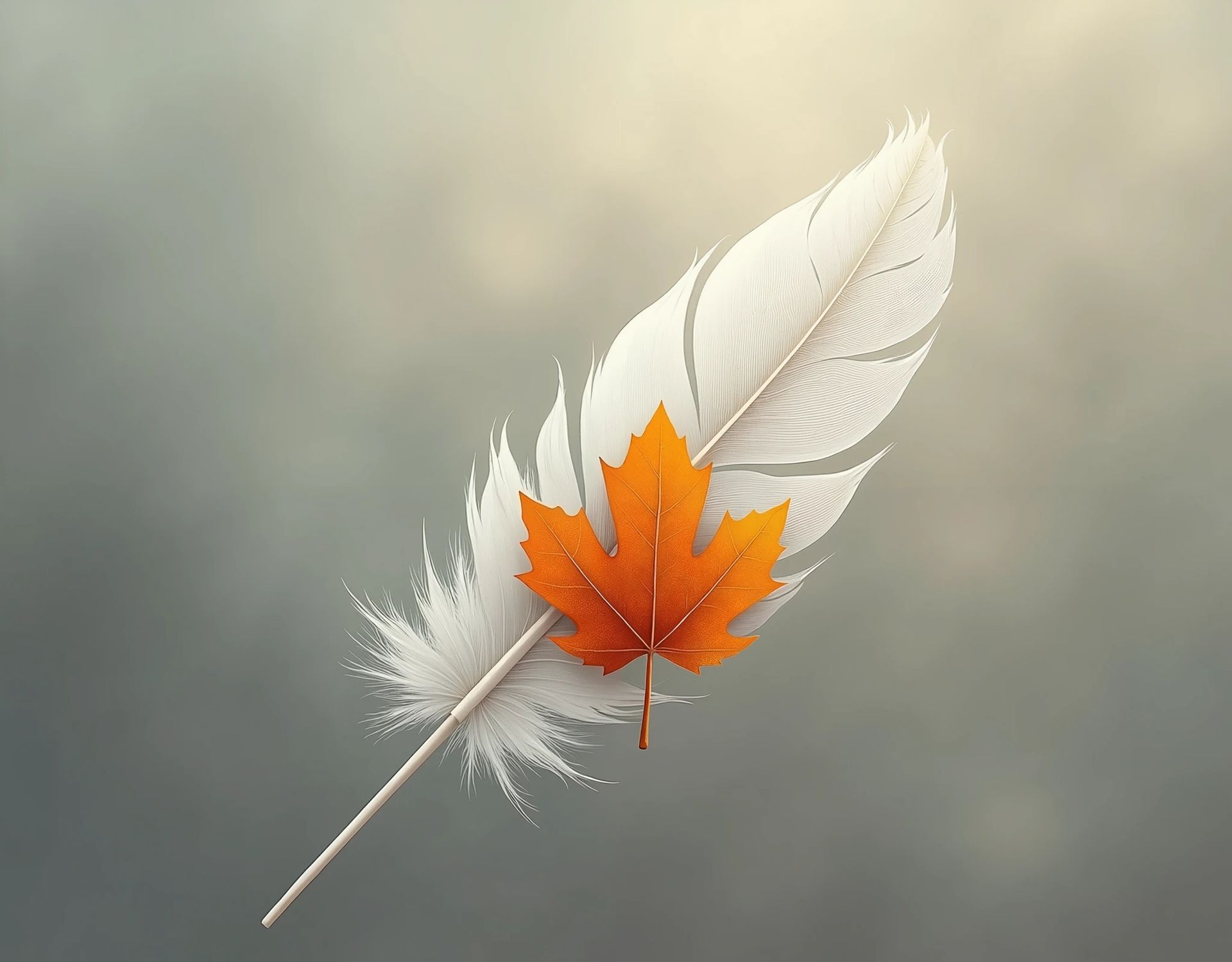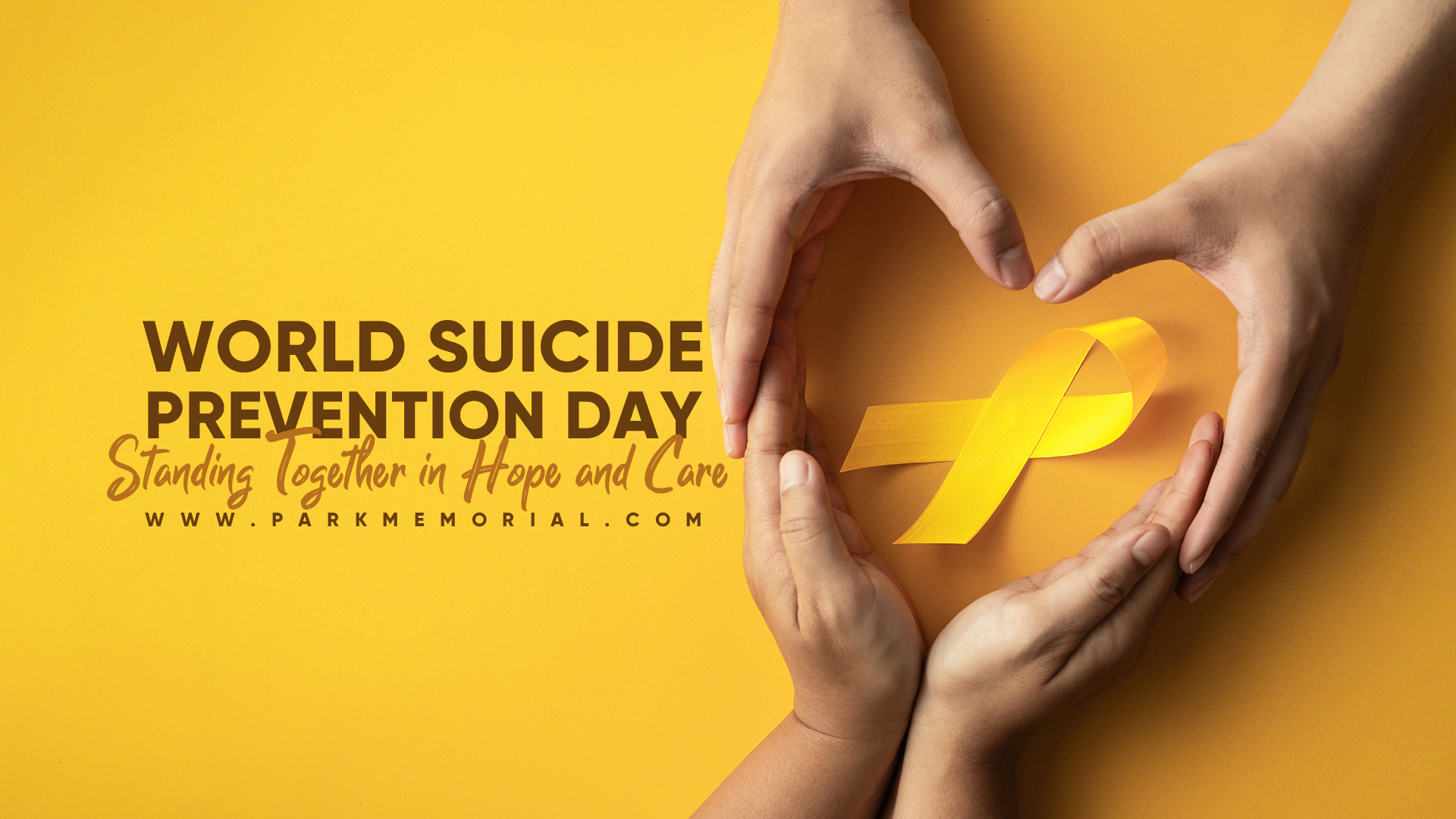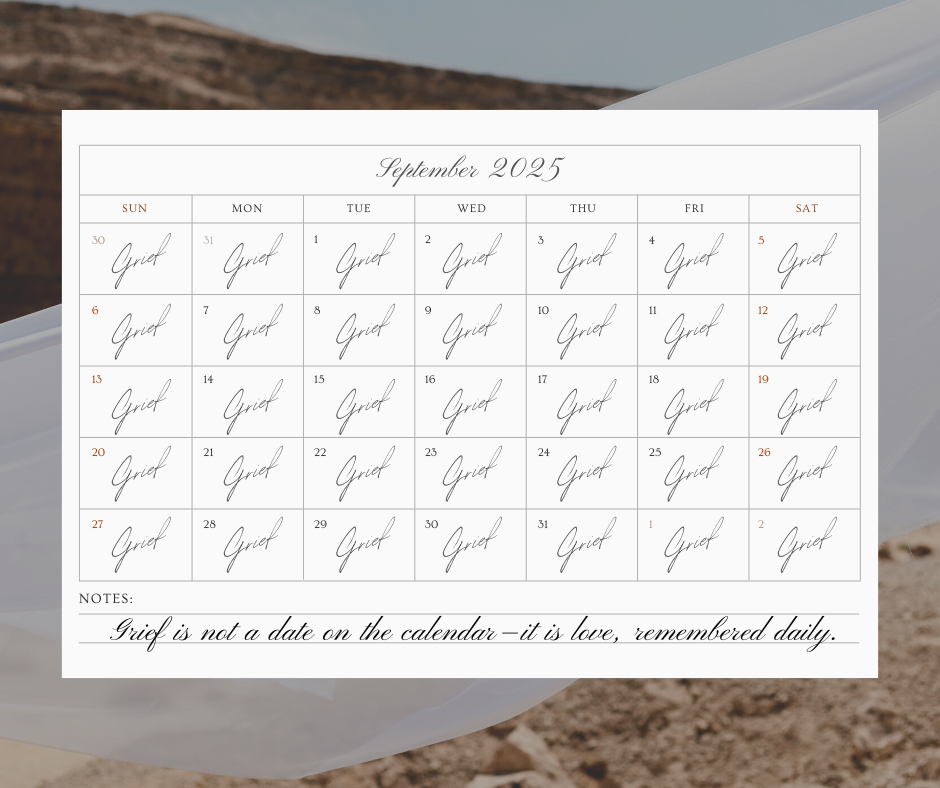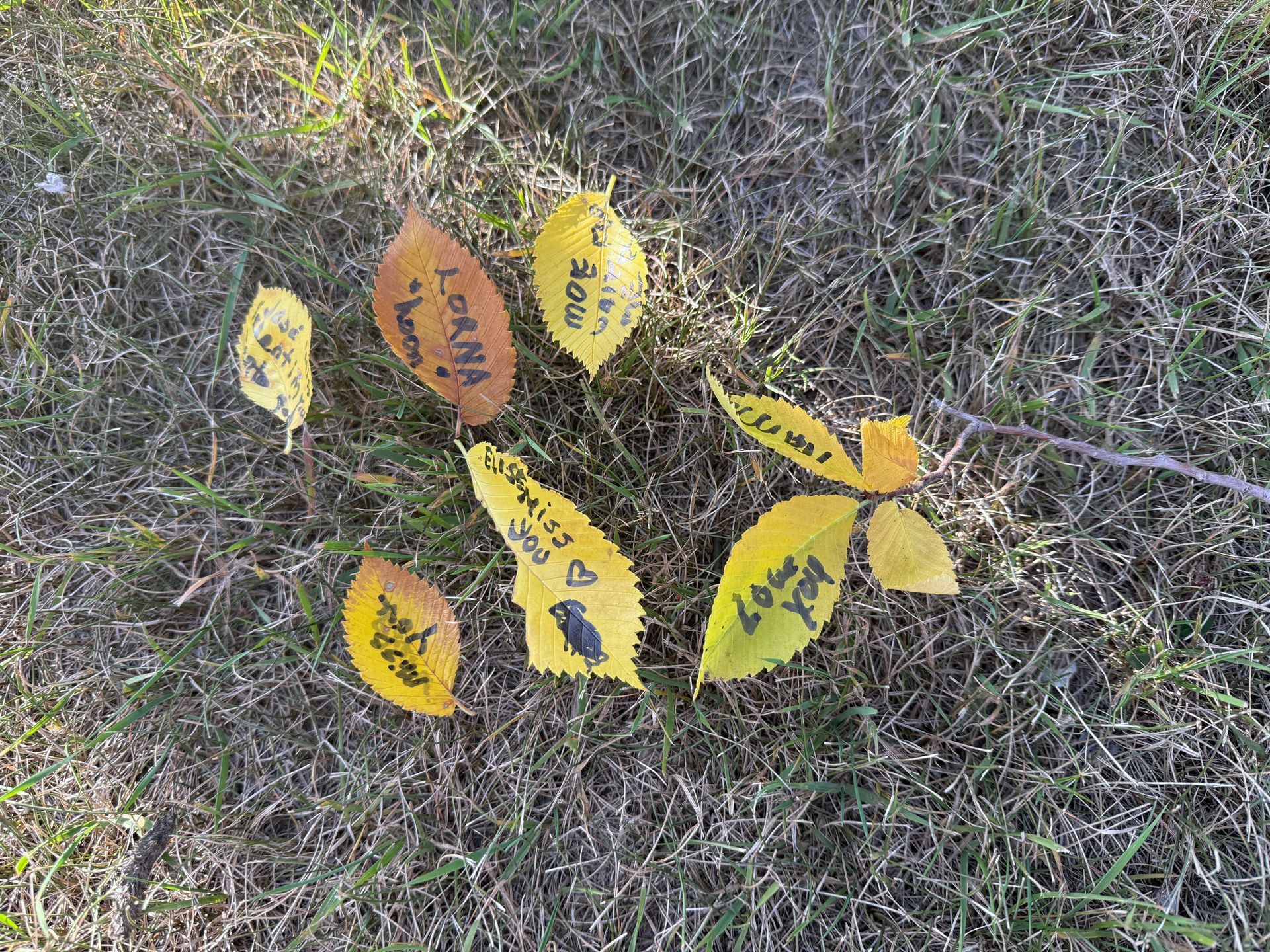Caring for yourself by engaging with the natural world
A Healing Balm
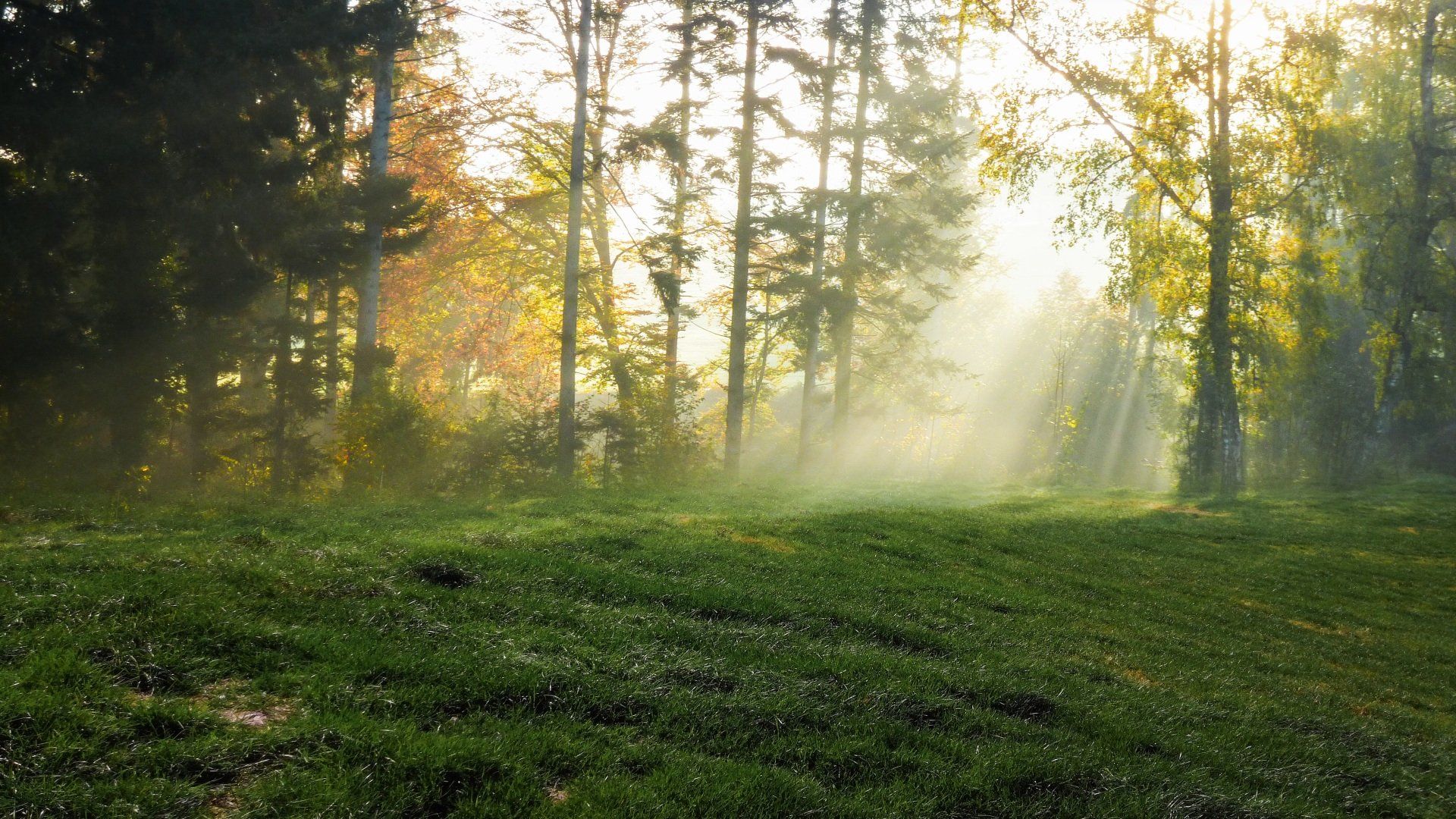
“The best remedy for those who are afraid, lonely or unhappy is to go outside… I firmly believe nature brings solace in all troubles.” – ANNE FRANK
During this unprecedentedly difficult time for humanity in general and funeral service in particular, good self-care could not be more important. I know you’re busy, and I know you’re probably stressed. Which coping strategies are you using? In your precious spare moments, you might distract yourself with technology and entertainment. You may numb yourself with alcohol and drugs. You might try to keep busy with mindless tasks. With the exception of alcohol and drug overuse, these coping strategies are fine and effective to some degree. It’s okay to include them in your stress survival toolkit. But in this article, I want to suggest a powerful alternative that’s free, readily available and only takes a few minutes a day. I’m talking about nature. Nature eases stress. Nature heals. Not only can engaging with the natural world help you de-stress right now, but it can also become a meaningful habit that deeply improves the quality of the rest of your life. I know that I’m more relaxed and in a better mood when I’ve spent time outdoors. I’m also better able to focus.
Unfortunately, most of us are nature deprived. We now interact with technology more than we do with anything else in our environment, even our fellow human beings. In his bestselling 2005 book Last Child in the Woods, author Richard Louv coined the term “nature deficit disorder” to describe the consequences of humanity’s modern-day alienation from nature. He believes a lack of connection with nature has caused widespread anxiety, depression and attention disorders. These same symptoms – anxiety, depression and inability to concentrate – are also common in people who are stressed. If you’re stressed and nature deprived, then, are some of your stress symptoms exacerbated unnecessarily? I think they often are. THE SCIENCE OF NATURE AS HEALER In recent decades, as we have become increasingly disconnected from nature, scientists have been studying how our bodies and minds respond when we return to nature. Their findings can help us better understand the many ways in which we can use nature to help us cope with stress in the short term and live more balanced lives in the longer term. You might be surprised at the powerful, myriad benefits nature offers us. Physical Health Spending time in nature has been shown to have numerous physical benefits, including lowering blood pressure and heart rate. Crucially, it also lowers levels of the stress chemical cortisol in your body.
When cortisol levels remain high over time due to chronic stress, you’re at risk for a whole host of problems ranging from anxiety to heart disease, weight gain and sleep problems. Speaking of sleep, nature time improves sleep quality because exposure to sunlight during the day helps regulate your sleep cycle. What’s more, 15 to 20 minutes of sunshine each day helps your body better absorb vitamin D, which strengthens bones and reduces risk for certain diseases, including cancer. Researchers have determined that all these physical benefits of spending time in nature are independent of exercise. In other words, you don’t have to be moving around to reap the rewards; simply sitting or resting in a natural setting activates these positive changes. BUT! But when you add exercise, the physical rewards of nature time are even greater. Your blood flow improves, bringing more oxygen to all the cells of your body and further lowering blood pressure and heart rate. Your muscles get stronger and your joints more flexible. And physical activity also releases happy brain chemicals called endorphins.
Cognitive Health If you find you can’t think clearly, go for a short nature walk. People who take a walk in a natural setting perform 20% better on cognitive tests than those who take a stroll in a city environment or indoors. Why? Because in an urban setting, or when interacting with technology, our minds are forced to think about possible dangers, problem-solving and decision-making. Basically, these encounters with people, man-made environments, advertising and media are cognitively fatiguing. When we’re in nature, on the other hand, our minds are free. Our brain can let its guard down and relax. Gazing at a sunset or an ocean view is another good example of this phenomenon. I’m sure you know what this feels like. Most of us enjoy these activities because they’re both beautiful and nontaxing. We’re also less likely to ruminate when we’re in nature, according to scientists. That is, we’re less prone to focusing repetitively on problems or worries. In natural environments, our thoughts are more apt to drift freely and peacefully.
“Spending time in nature is simply an all-around emotional tonic.”
Emotional Health
The green of nature is emotional gold. One study of a million people persuasively arrived at the conclusion that children raised in neighborhoods with the least amount of green space or easy access to nature – independent of affluence and other variables – were 55% more likely to be mentally unwell. It makes sense. When our bodies feel better and our minds are relaxed, our emotions tend to follow. Spending time in nature has been proven to improve our mood, reduce feelings of anger, increase resilience, even boost self-esteem. It eases depression and anxiety. It’s simply an all-around emotional tonic. Something important to keep in mind is that nature offers these emotional benefits regardless of setting or season. Studies show that engaging with any natural environment in any weather improves emotional well-being. Even if you prefer a certain landscape – the beach or the mountains – or a certain season of the year, remember that spending time in whatever natural environments are most convenient to you year-round will be essential to your self-care. Spiritual Health Natural settings are spiritual settings. We tend to feel a connection with the divine when we’re on a mountaintop or looking up at a night sky full of stars. We feel awe. We sense that we are part of something much larger, and our own troubles, no matter how painful, seem less significant in the grand scheme of things.
“Natural settings are spiritual settings.”
What’s more, nature surprises and inspires us.
The more present we are in nature, the more we notice. And the more we notice, the more awed we become at the miraculous sky, plants, trees, rocks, sand, water and animals. From the majestic to the minuscule, we find wonder upon wonder. Studies show that spending time in nature induces brain waves similar to those generated during meditation. Nature feels sacred and mysterious. And that connection to the sacred helps us get in touch with our divine sparks – that still, small voice inside us that whispers of life’s meaning and purpose. Our spirits and souls are powerfully drawn to nature. In nature, we more readily contemplate our beliefs and values. We are better able to transcend the mundane realities of our lives and consider the boundlessness and timelessness of the universe. We crave nature in large part because we crave these special moments of epiphany and transcendence. ADD MORE NATURE TO YOUR LIFE How much time must you spend engaging with nature to feel its positive effects? A recent large study in England determined that a total of 120 minutes a week spent in nature was sufficient for people to re - port high levels of well-being. The research showed that those two hours could be split up among many brief outings, several half-hour sessions or a single exposure. The study also controlled for physical ac - tivity, so the 120-minute threshold applied whether people were exercising or sitting on a park bench. I definitely don’t think you need to follow a regimented nature schedule to experience stress relief and a better quality of life, but it might help you to know that engaging with nature for just 17 minutes a day, on average, will likely have a significant positive impact. I hope you will find ways to spend more time in nature. The science supports it and so do our experience and intuitive understanding. Even right now, the trees outside my window draw my eye and soothe my soul. I think I will gaze awhile.
“The green of nature is emotional gold”
To access Dr. Wolfelt's original post, please click here.


